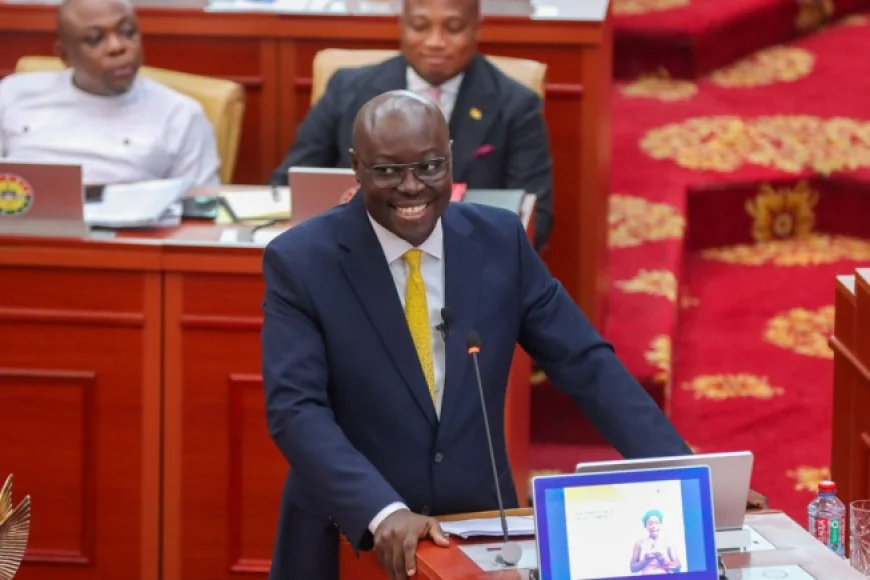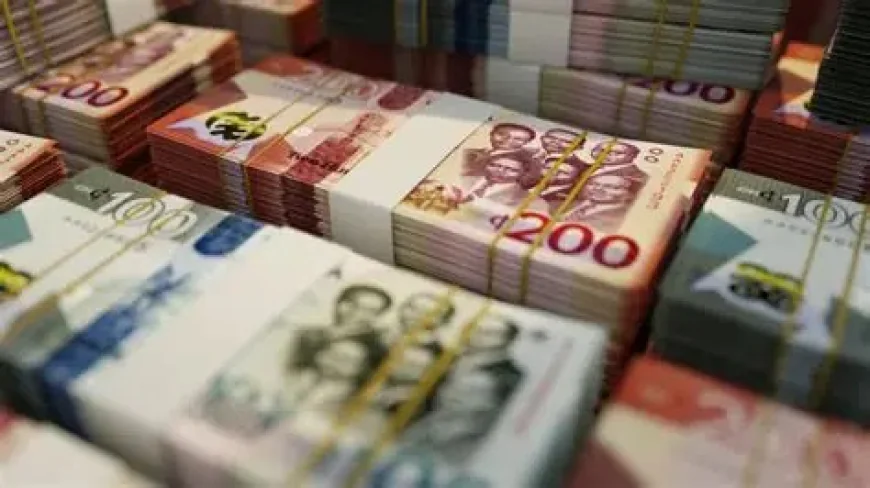Highlights from Ghana’s 2025 Mid-Year Budget Review
Ghana’s Finance Minister, Dr. Cassiel Ato Forson, delivered a bold and confident 2025 Mid-Year Fiscal Policy Review to Parliament on July 24, showcasing what the government describes as a historic economic rebound built on fiscal discipline, anti-corruption measures, and renewed investor confidence.
Ghana’s Finance Minister, Dr. Cassiel Ato Forson, delivered a bold and confident 2025 Mid-Year Fiscal Policy Review to Parliament on July 24, showcasing what the government describes as a historic economic rebound built on fiscal discipline, anti-corruption measures, and renewed investor confidence.
At the heart of the update was a declaration that no supplementary budget would be sought for the remainder of the year—an uncommon stance that highlights the administration’s resolve to stay within its financial limits. Public debt saw a dramatic reduction, slashed by GH¢113.7 billion, which brought the debt-to-GDP ratio down from 61.8% to 43.8%. This represents the first negative debt accumulation in Ghana’s fiscal history, a move hailed by the government as a turning point.
Inflation, long a source of economic pressure, eased substantially from 23.5% to 13.7% as of June 2025. The Ghanaian cedi, often vulnerable to global market volatility, showed resilience by appreciating against major foreign currencies—reversing years of depreciation that burdened both businesses and consumers.
A spotlight was cast on corruption-linked infrastructure delays. Forensic audits revealed discrepancies across 55 stalled projects, with misused loan funds and inflated contract claims. The government pledged to complete 24 strategic projects—including roads, schools, and hospitals—by 2028, stating that they are already more than 70% completed.
Revenue mobilization faced setbacks: GH¢1.6 billion lost to smuggling at Ghana’s borders, prompting plans to deploy AI and enhanced cargo tracking. Additionally, the payroll system underwent a cleanup that uncovered GH¢150 million in ghost salaries, flagging over 14,000 unverifiable public workers.
Amendments to the Energy Sector Levies Act are expected to generate GH¢2.9 billion to settle arrears and support power supply. Trainee allowances for teachers and nurses were fully paid for the first half of 2025. Meanwhile, the School Feeding Programme received a robust GH¢895 million allocation to enhance nutrition for students.
International observers took notice. Fitch Ratings upgraded Ghana’s credit status from ‘Restricted Default’ to ‘B- with a stable outlook’, marking its first rating improvement since the 2021 economic crisis. This development is projected to unlock fresh capital inflows and increase lending appetite in both domestic and foreign markets.
The country’s domestic borrowing needs fell from GH¢64.1 billion to GH¢59.8 billion. Notably, sinking funds—in both local and foreign currencies—have been created to proactively manage debt repayments through 2026–2028, helping Ghana avoid future debt distress.
Dr. Forson’s update presents a Ghana determined to rebuild trust, discipline spending, and lay foundations for sustainable growth. With economic indicators trending positively and efforts underway to root out inefficiencies, 2025 may well be remembered as the year Ghana took control of its financial destiny.




